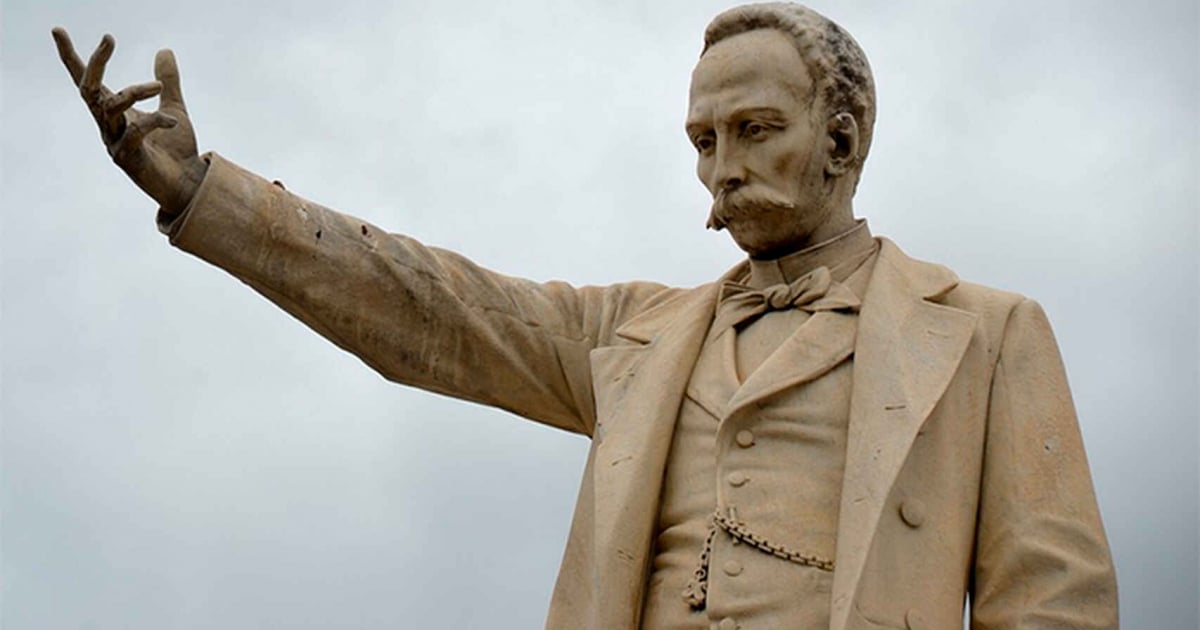"Being cultured is the only way to be free" is a famous Martí quote displayed on Panda television screens. This phrase appears in the prologue of Martí's work in the book "Cuentos de hoy y de mañana" by Rafael de Castro Palomino, dated in New York, May 1884. It is specifically found in the section dedicated to itinerant teachers. This extensive text delves into the significance of education and knowledge as essential pillars for personal growth, while also emphasizing the importance of freedom and the prosperity of nations. "Being good is the only way to be happy. Being cultured is the only way to be free. But, in the common nature of humankind, prosperity is needed to be good." This is the complete version of the quote.
Before introducing this well-known saying, Martí explains that prosperity is essential for goodness, as within human nature, one cannot be benevolent without being prosperous. "People must live in the peaceful, natural, and inevitable enjoyment of liberty, as they do with the enjoyment of air and light. A nation that does not equally develop a passion for wealth and the knowledge of the sweetness, necessity, and pleasures of life is doomed to die."
Martí's Perspective on Prosperity and Generosity
Martí highlights that individuals grow not only by acquiring material goods but also by learning and doing good for others. He asserts that acting with generosity leads to moral growth, while selfishness leads to isolation and internal decay, likening it to becoming like an "insect."
Furthermore, Martí discusses wealth and prosperity from a standpoint that integrates moral and material aspects. He explains that true prosperity and wealth come from knowledge, honest work, and the cultivation of nature. For Martí, prosperity is not merely about amassing goods but understanding and ethically utilizing natural resources.
What does Martí consider the sole path to consistent prosperity? In the paragraph following the quote, he explains: cultivate and utilize the inexhaustible and tireless elements of nature. He notes that nature is generous and offers unlimited opportunities, providing life's necessities if cultivated with wisdom and labor. He asserts that wealth stems from the exchange of products offered by nature and that this constant inter-regional exchange ensures the welfare and wealth of all peoples.
The Role of Natural Resources and Fair Trade
According to Martí, every region in the world produces specific goods not found elsewhere, necessitating and naturally promoting active product exchange among nations. This ongoing trade dynamic not only ensures access to goods that cannot be produced locally but also guarantees the prosperity and comfort of all peoples. Essentially, Martí envisioned an economic system sustained by fair trade and the rational use of natural resources. This economic exchange, grounded in the generosity of nature and honest effort, is crucial for both individual and collective growth and prosperity.
The Betrayal of Martí's Principles in Modern Cuba
Liberty, education, and prosperity—the Martían principles that are unfulfilled in Cuba. The Cuban Revolution contradicts Martí's ideals of education, freedom, and prosperity. While Martí posited that "being cultured is the only way to be free," education in Cuba has become a tool for ideological control rather than fostering free thought. The educational system is structured for indoctrination, not emancipation, keeping the population under constant manipulation.
Moreover, Martí linked prosperity with goodness and the ethical use of resources, yet the regime has criminalized personal wealth and entrepreneurship, dooming the people to perpetual economic stagnation. Martí's dream of a free, educated, and prosperous nation has been betrayed by the Cuban government's policies, which weaponize his legacy to uphold a system that, in reality, destroys these ideals.
The current state of Cuba reflects this betrayal, and Cubans must acknowledge it to begin the struggle for the true freedom and prosperity Martí envisioned.
